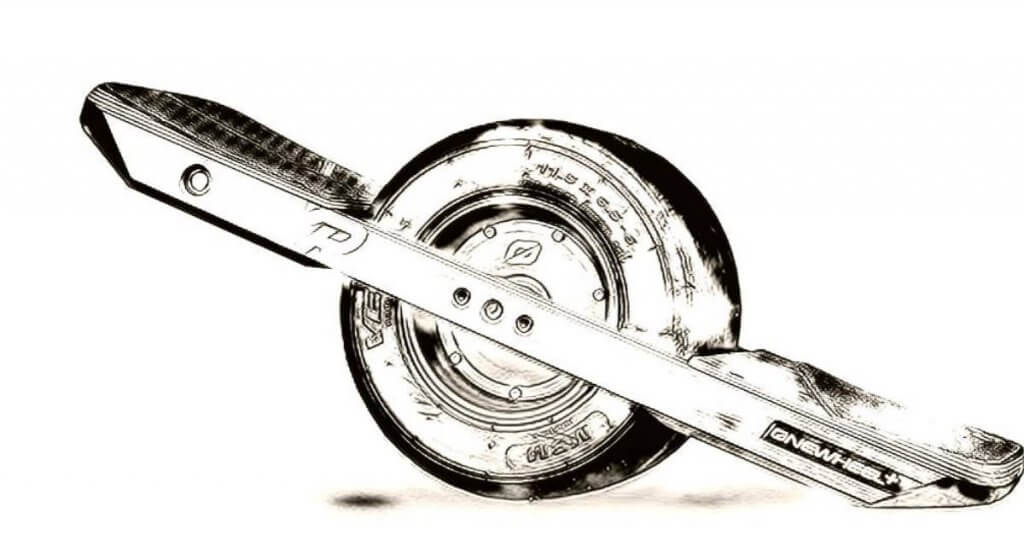The most common question related to the Onewheel XR hardware version is to check if you can use battery modifications to extend the range of the device. There are also some hardware-related issues that you should know if you are planning to buy a used Onewheel.
Known Hardware Version Issues
| Onewheel XR HW version | Known Issues |
| 4206 | Loose capacitors and prone to water damage. Early samples had issues with a loose ferrite that later was fixed during production. |
| 4208 | Issues with the Bluetooth connectivity |
| 4209 | Fixed the Bluetooth issue. |
| 4210 | Can give false incompatible hardware connected error, Error 23, when below 50% charge if the app is connected. |
| 4211 | Power button issues |
| 4212 | Some users are experiencing problems with batteries and cells dying. |
HW Compatibility List For Modifications
Future Motion In. has updated the hardware during the years the production line to save your battery
CnR was disabled because “it’s bad for your battery”
And other third-party modifications to increase the battery capacity of the boards. Here is the compatibility list for the different hardware versions.
| Onehweel XR HW version | Modifications |
| 4206 | CnR works VnR works |
| 4208 | VnR works |
| 4209 | VnR works Jwbattery works Quart works |
| 4210 | IMPORTANT: Battery modifications doesn’t work if your firmware version is updated to 4150. If you got 4150 or above then you need a chip like the JWFFM Chip. |
| 4211 | All battery mods need a JWFFM Chip to work. |
| 4212 | All battery mods need a JWFFM Chip to work |
Note, other companies are working on chips to bypass the controller/BMS paring applied from Future Motion Inc.
Onewheel XR Hardware Versions
4206
4206 is the first version of the Onewheel XR. When the XR first came out future motion couldn’t keep up with the demand and production suffered, the main reason for bricking happened to be loose capacitors and ferrite rings on early samples. It had also a problem with the water resistance and therefore was some boards prone to water damage.
The good things are that CnR and VnR work on the 4206. Any board still alive should be fine to get, if you open the controller it’s still recommended to glue the capacitors and seal it with silicone before assembling it again.
4208
With the launch of the 4208 the issues with the ferrate and capacitors were fixed. The problem was that the Bluetooth connectivity was poor and unstable. This new version also disabled the possibility to do the CnR, Charge and Ride, basically charging the board from the XLR port during the ride.
Future Motion was using the power on Pin 3 to detect if the charger was plugged in, while Pin 2 did the charging of the board. CnR worked by not powering Pin 3. 4208 added a resistor to Pin 2 to also check for power, removing this resistor breaks the circuit for detecting power and CnR working again.
It’s easier to use VnR than do any modification to the board.
4209
The main fix in hardware version 4209 was the Bluetooth connectivity issues from previous boars. This is considered by many the golden version of the XR. This is the last hardware version before the introduction of pared controllers and BMS allowing VnR and battery modifications to work.
4210
With the release of the 4210 hardware version Future Motion Inc. also made the controller and BMS paired similarly to the Pint. The result is that you can’t change the controller or BMS on your board if one of them goes bad. For a long time, you had to replace the battery and controller.
Now there is a chip developed by Jwbattery that allows you to connect a different battery to your paired controller and other manufacturers are working on their versions. This comes of course with an added price for anyone wanting to extend the range of their board.
The added paring also introduced a failure where the board can give a false incompatible hardware connected error, Error 23, if the board is below 50% charge and the app is connected. The fix is to not have the app running when riding.
4211
Along with the paring of the controller/BMS there is an increase of the out-of-box failures and issues related to the power button. People are having problems powering on the board, where a short press of the button makes the board blink blue but not power on completely.
If you are out of warranty and can’t send in your board the advice is to long-press the power button. If you can send your board back after contacting the support.
Press until you see the second blue LED glow and hold it a second longer, usually at least 4-5 seconds in total, before letting go of the power button. This should make the board power on if you are having the problem described above.
4212
With 4212 there is another hardware version and a redesign of the connectors and capacitors. It still has the paired BMS/controller needing a chip to do any battery mods thereby increasing the cost. The problems with the power buttons are now gone and there are fewer reported problems with 4212 compared to 4211.
There have come reports from users that they are experiencing problems with the battery and cells dying prematurely. It is therefore recommended to wait a bit before doing some upgrades that ruin your warranty. Read this post if you want to know more about the Onehweel warranty and what breaks it.
How To Check The Hardware Version
Connect your board with the Onehweel app. Press the Onewheel text just above the digital shaping or swipe upwards. Then press diagnostics.
Here you can see your Hardware and Firmware version and a lot of other information about our board.
What Is CnR
CnR stands for Charge and Ride, basically the method of charging the board from the XLR port while you are riding. This was possible by not powering Pin 3 on the contact responsible for detecting if a charger was connected or not. After 4208 Future Motion Inc. added a resistor to also detect if Pin 2 was powered and therefore removed the possibility for CnR without any modifications.
You need to remove the resistor to break the circuit for detecting power on the Pin.
What is VnR
VnR stands for Vamp & Ride and is a modification to your board that allows the connection of an external battery, like a power tool battery, to extend the range of the board. It’s connecting to the main leads inside the connector’s box to allow for a second battery to be connected.
The benefit of vamping is that you are not doing anything to the BMS (Battery Management System) connections with the risk of bricking your board. On the Pint, you connect inside the controller box.
Here is the list of the different hardware versions of the Onehweel Pint.


